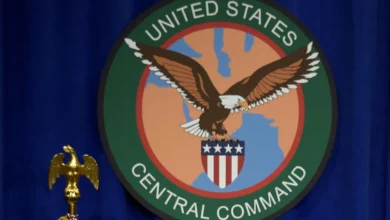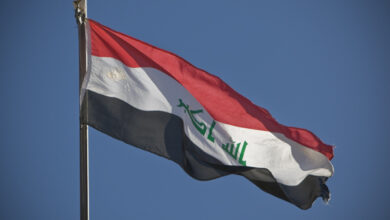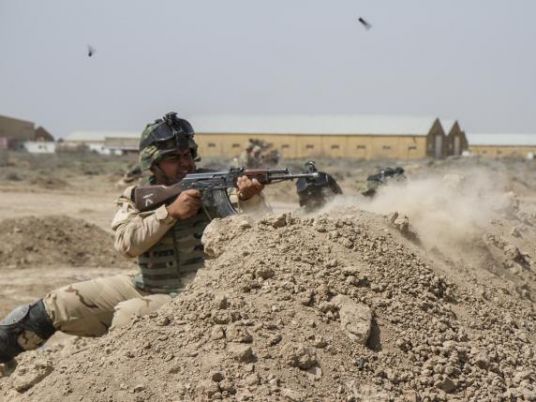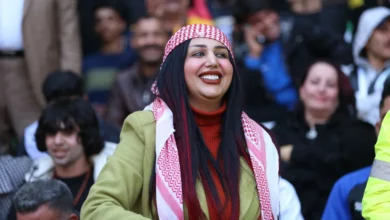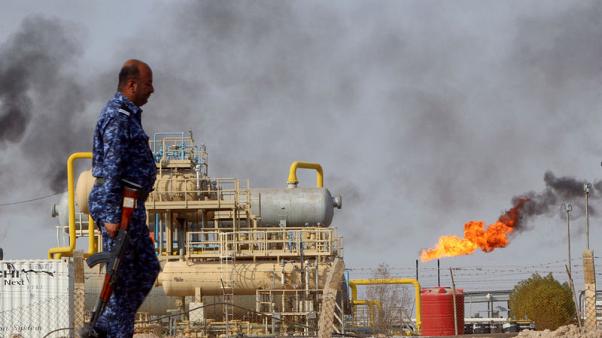
Iraq, OPEC’s second-largest producer of crude, is hitting a roadblock in the next phase of expanding its oil production capacity as the appetite of international energy firms for investing in the country’s low-return environment slackens.
Having slashed production targets in 2013 and 2014, most international oil firms in Iraq are revising their oilfields’ plateau production levels even lower, and the discussions involved are moving slowly, Iraqi and company sources say.
Growth has been the hallmark of Iraq’s oil production in the past decade with a rise of over 2.5 million barrels per day to a peak of 4.71 million bpd in late 2016, Reuters assessments show.
Iraq owes much of that growth to the likes of BP, Exxon Mobil, Lukoil, Eni, Total and Royal Dutch Shell, which oversaw the redevelopment of its oilfields after the US-led invasion in 2003.
But those companies have long complained that the technical service contracts Baghdad offers are too stringent and give little return on investment.
Most companies in the past five years negotiated their production plateaus lower, forcing Iraq to reduce its capacity expansion plan from 12 million bpd to 9 million bpd by 2018.
Now this new target is far from attainable, and Iraq aims to raise capacity to 7 million bpd by 2022.
All companies except Petronas and Total are suggesting their plateaus be lowered, Abdul Mahdi al-Ameedi, head of the Iraqi oil ministry’s licensing and contracts office, told Reuters.
On the sidelines of a conference in Berlin last month, al-Ameedi told reporters: “In principle we accept that we reduce the plateau level for certain fields to lower production rates, but this is all under discussion.”
Total, with partner PetroChina, has committed to phase three of the expansion of the 4.1-billion-barrels Halfaya oilfield, which will double production there to 400,000 bpd in 2019.
Petronas is on track to attain production of 230,000 bpd at its Garraf oilfield.
“What you’re seeing now is a second wave of renegotiations in light of the oil price and the fact that budgets are down considerably compared to five years ago,” Ian Thom, principal analyst at consultancy Wood Mackenzie, said.
“There are alternatives in tight oil and deepwater from many of the Iraq players that are more favorable,” Thom said.
Only Lukoil has so far reached a preliminary agreement with the oil ministry on a lower plateau target, bringing the goal for its West Qurna 2 oilfield down to 800,000 bpd from 1.2 million bpd, al-Ameedi said.
But the two sides have not yet finalised talks as discussions continue on when Lukoil can hit the new target, he said.
“We are in discussions but nothing has been approved yet,” al-Ameedi said.
Iraq wants the plateau to be hit earlier than Lukoil does, al-Ameedi said, but he declined to specify which timeframes were being discussed.
Lukoil declined to comment.
Delays in such negotiations are a headache for any oil company that needs to plan its annual budget based on how many oilfields it wants to drill and what new facilities it needs to bring extra production on stream.
The impact of negotiation delays is being felt disproportionately, with companies that have production levels farthest from the previously agreed plateau feeling the most heat, a source at one of those firms told Reuters.
LIMITED GROWTH ON ITS WAY
Iraq’s oil capacity is near 5 million bpd and it can easily increase that by a further 10 percent in the next year or two, even without a new agreement on plateaus, analysts and industry sources say.
“If you bring the few fields where there is activity under way … and if the Kirkuk and Bai Hassan fields return … you could see production capacity from existing investments getting close to 5.5 million bpd in the next year or two,” Thom said.
But beyond those investments at oilfields such as Rumaila, West Qurna 1, Halfaya and Zubair, “you would certainly expect a flat-lining of Iraq’s oil production with the element of natural decline kicking in”, Thom said.

